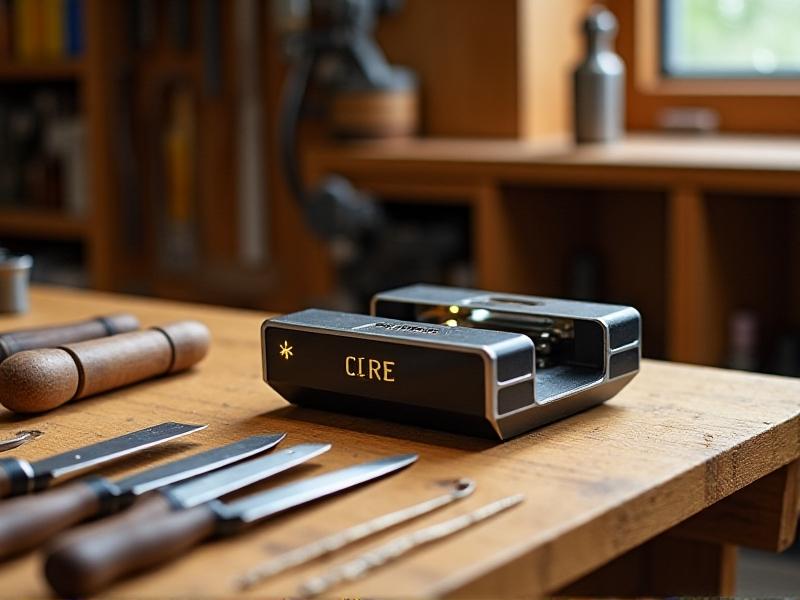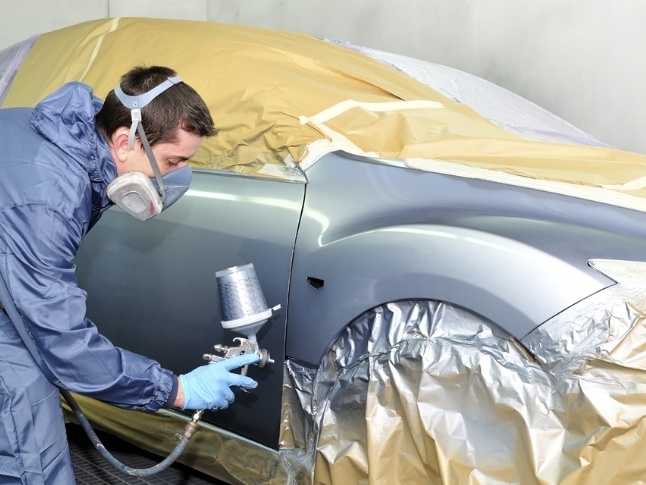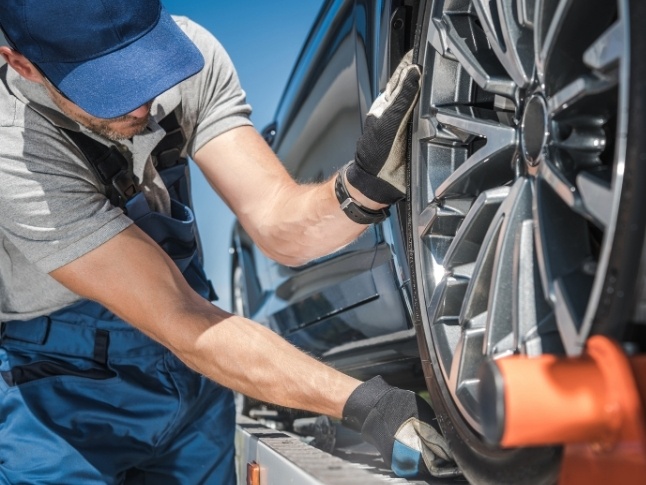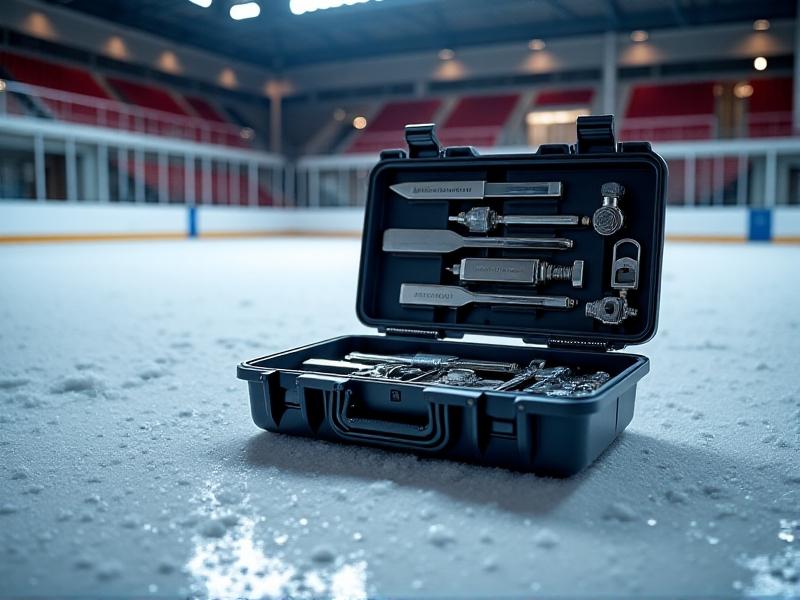8 Must-Do Checks When Buying Cars From Private Sellers
You can save thousands of dollars by buying a car from a private seller instead of a dealership, but there are hazards involved. Find out how to properly make private transactions, from making a budget to filling out paperwork, and get insider advice on how to avoid typical scams and get the best bargain possible.
1. Set Your Budget
Financial planning is vital before joining the private car market. A good budget should include not just the cost of buying the car, but also insurance, maintenance, and possible repair bills. Experts say that your overall monthly car costs should not be more than 15% of your take-home pay.
If you have pre-approved financing, you may be able to negotiate better and get lower interest rates. Talk to several lenders to evaluate their offerings, and think about putting some extra money aside for repairs that come up unexpectedly. This all-encompassing way of budgeting helps keep money problems from happening later.
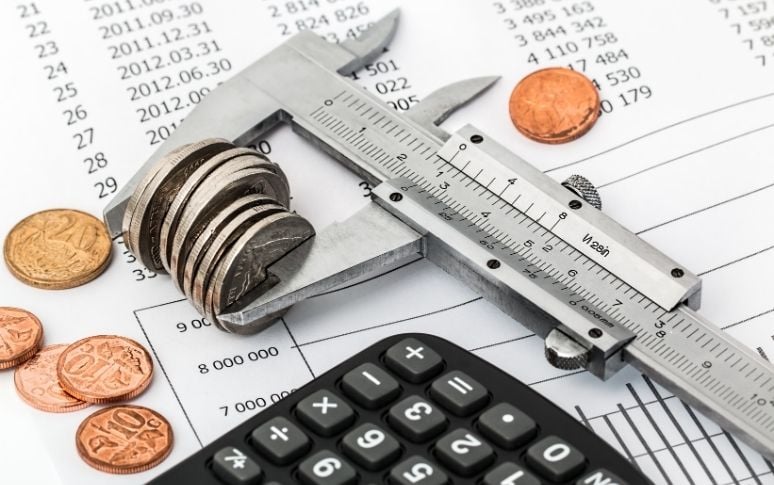
2. Research Cars in Advance
Doing a lot of research is necessary to make a smart buying choice. Look for models that have a history of being reliable and don't cost too much to keep up. To find the greatest deal for your needs, look at several years and trim levels.
Look into typical problems, recall history, and owner reviews for certain models online. Pay close attention to the maintenance schedules and average repair prices for different mileage levels. This information helps you avoid cars that can cause problems and bargain better.
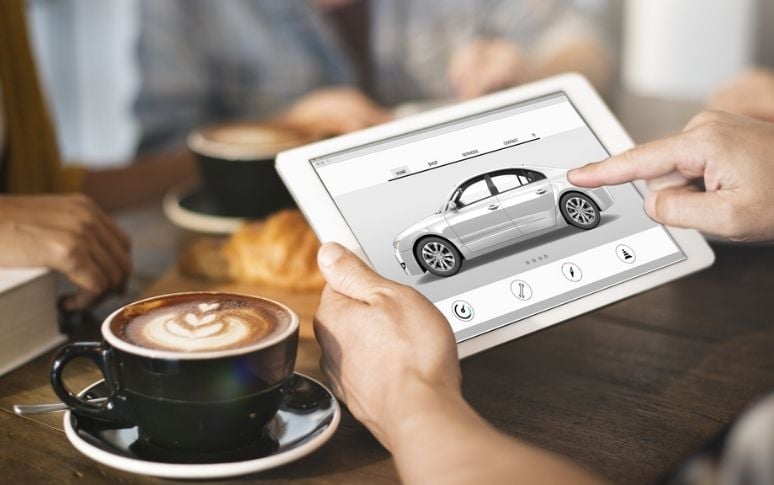
3. Search for Cars in Your Area
The best location to find private vendors is on local online marketplaces. You can look for used automobiles on our site or on other well-known sites like Craigslist and Facebook Marketplace. To make buyers feel more confident, many vendors now give them vehicle history reports.
Set up alerts for certain models and price ranges to make your search more organized. Look at similar ads to find appropriate pricing ranges, and keep track of how long vehicles have been for sale to see how much room there is for negotiation.
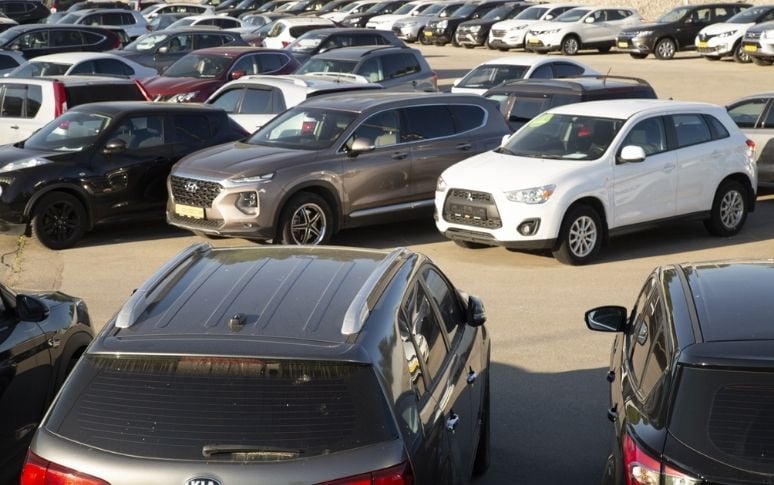
4. Make Sure the Price Is Fair
Market research tools give you important information about prices. Look at pricing from a number of places, such as private listings, dealership prices, and value guidelines. When looking at prices, think about things like miles, condition, and trends in the local market.
Write down what you found in your research to help you negotiate prices. Keep in mind that private party pricing are usually 10–15% lower than retail prices, but certain very special items could sell for more. Be ready to back up your offer with information from the market.
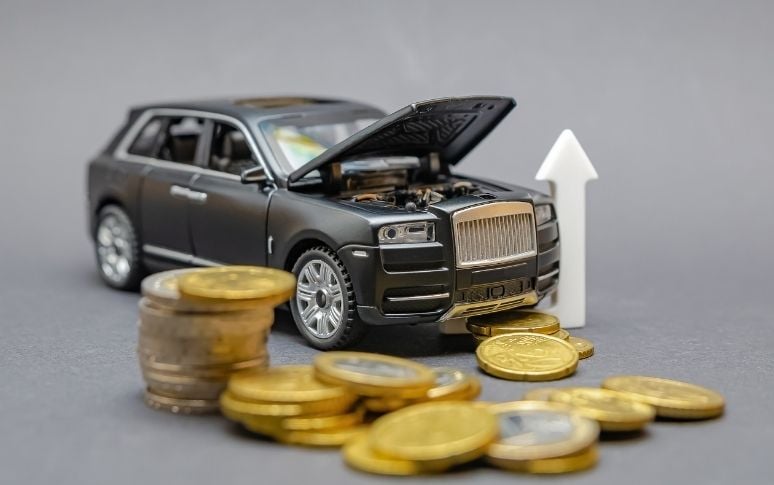
5. Check the Vehicle's History
A full vehicle history report is necessary to find possible issues. Accident history, service records, changes in ownership, and title status are all important things to look at. Reports can also check the accuracy of the mileage and show any possible damage from floods or fires.
Use the VIN to check information from more than one source. Check the seller's claims against the documented history and be careful if there are any differences. This extra work can help you avoid expensive surprises after you buy.
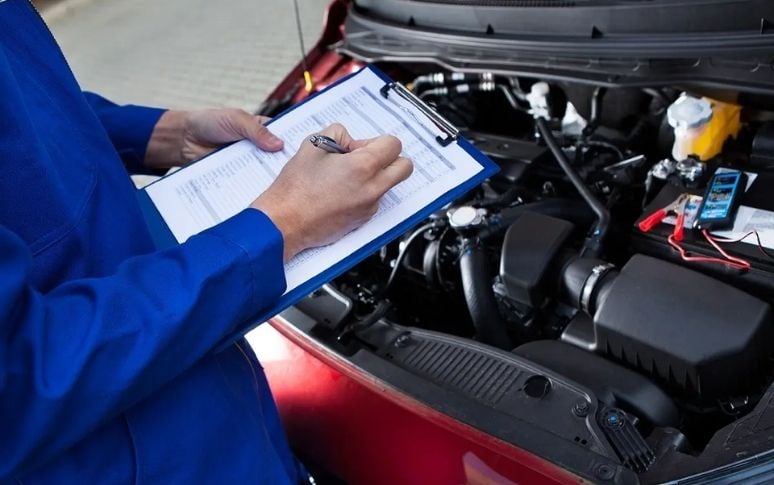
6. Meet the Seller
When meeting private dealers, your main concern should be safety. For your first meetings, use public places that are well-lit and have security cameras. Bring a companion and make sure you talk clearly about your plans to meet.
Check to see how professional and honest the seller is. Ask a lot of questions regarding the car's past and how it was taken care of. If something seems off or the seller won't provide you vital information, be ready to walk away.

7. Inspect & Test-Drive the Car
Before you buy anything, you should get it professionally checked out. Get a full pre-purchase inspection from a technician you trust. This usually costs $100 to $200 but can save you hundreds in repairs later.
Check all of the systems carefully throughout your test drive and write down any strange sounds, smells, or actions. Test the car in a variety of situations, such as driving on the highway and in the city. Write down any problems so you can negotiate.

8. Negotiate a Price
To be a good negotiator, you need to be ready and sure of yourself. Begin by showing your research on sales that are similar to yours and any problems that were found during the inspection. Be ready to describe your offer in a clear way and stay professional the whole time.
Get your money and documents in order before making an offer. This shows that you are sincere and might speed up the buying process. Keep in mind that cash offers are often better for bargaining than financed acquisitions.



